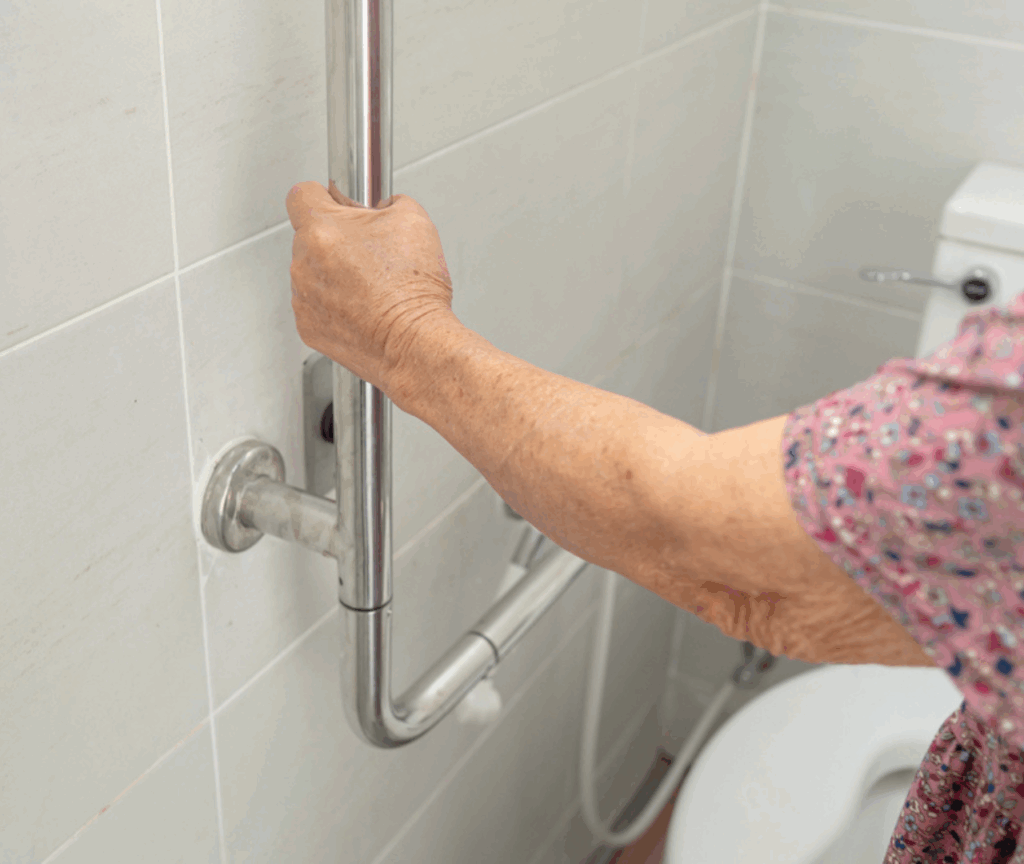World Water Week: Staying Hydrated and Healthy in Senior Years
Water is a cornerstone of good health at every stage of life, and it becomes even more essential as we age. For older adults, staying properly hydrated supports physical wellness, mental clarity, and overall quality of life. World Water Week is a timely reminder to celebrate the life-sustaining power of water and to encourage seniors […]
World Water Week: Staying Hydrated and Healthy in Senior Years Read More »








